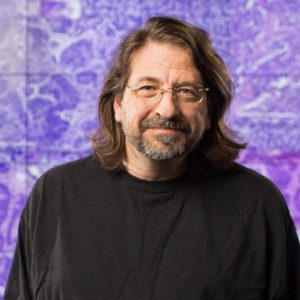
Rick Stevens, Argonne
In this video from the 2017 Argonne Training Program on Extreme-Scale Computing, Rick Stevens from Argonne presents: A Vision for Exascale – Simulation, Data and Learning.
“The ATPESC program provides intensive, two weeks of training on the key skills, approaches, and tools to design, implement, and execute computational science and engineering applications on current high-end computing systems and the leadership-class computing systems of the future. As a bridge to that future, this two-week program fills the gap that exists in the training computational scientists typically receive through formal education or other shorter courses.”
Rick Stevens is Argonne’s Associate Laboratory Director for Computing, Environment and Life Sciences.
Stevens has been at Argonne since 1982, and has served as director of the Mathematics and Computer Science Division and also as Acting Associate Laboratory Director for Physical, Biological and Computing Sciences. He is currently leader of Argonne’s Petascale Computing Initiative, Professor of Computer Science and Senior Fellow of the Computation Institute at the University of Chicago, and Professor at the University’s Physical Sciences Collegiate Division. From 2000-2004, Stevens served as Director of the National Science Foundation’s TeraGrid Project and from 1997-2001 as Chief Architect for the National Computational Science Alliance.
Stevens is interested in the development of innovative tools and techniques that enable computational scientists to solve important large-scale problems effectively on advanced scientific computers. Specifically, his research focuses on three principal areas: advanced collaboration and visualization environments, high-performance computer architectures (including Grids) and computational problems in the life sciences, most recently the computational problems arising in systems biology. In addition to his research work, Stevens teaches courses on computer architecture, collaboration technology, virtual reality, parallel computing and computational science.




